Every American can tell you that groceries are more expensive than ever. However, those who live in California actually pay more than anyone else in the country.
There are essentially six reasons why Californians pay more for groceries than those in any of the other 49 states: High cost of living, state legislation, wages, preferred specialty stores, real estate costs and, of course, inflation.
Grocery Prices in California
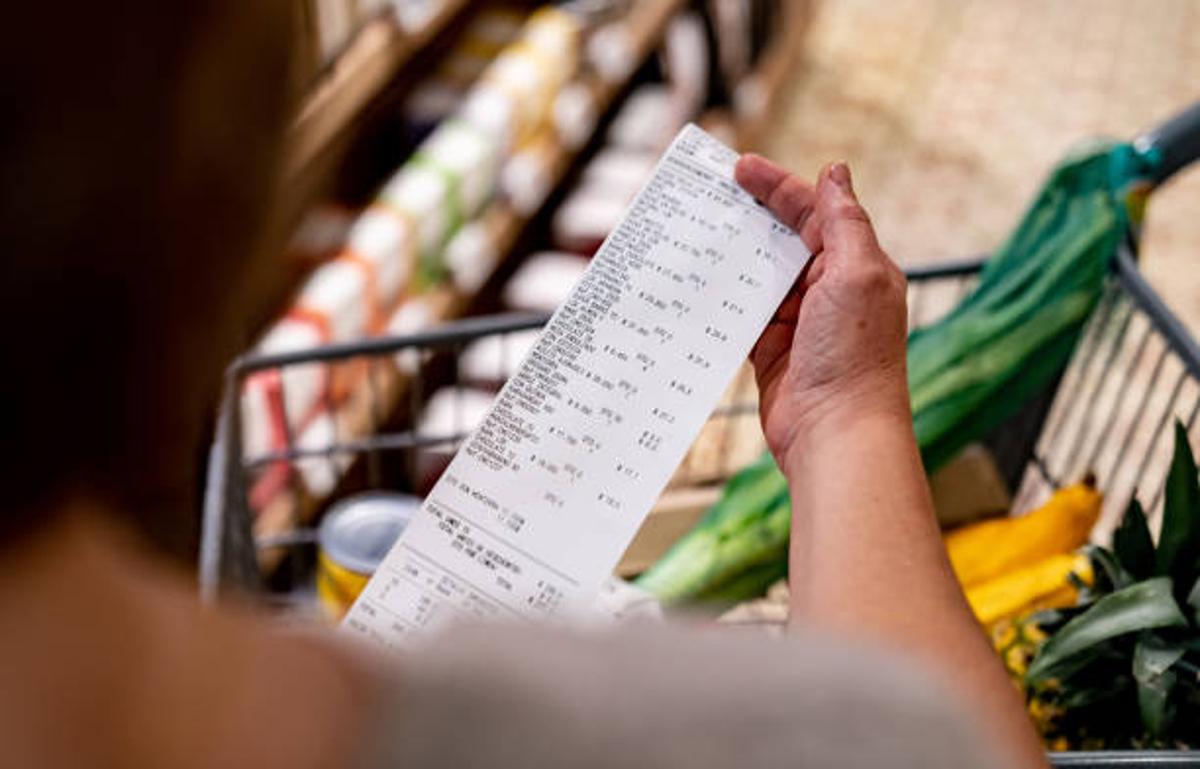
There is no question that grocery prices in California are substantially higher than in many other states. For example, a gallon of milk in San Francisco costs $6.06, but only $3.65 in Raleigh, North Carolina.
In fact, Californians can pay more than $400 more every month for groceries than their compatriots. The average American household spends about $779 per month on groceries, whereas the average home in California spends around $1,200.
California Is One of the Most Expensive States in the Country

One of the main reasons why groceries in California are more expensive than in most other states is that the Golden State has a much higher cost of living when compared to others in the nation.
This is backed up by data from the World Population Review, which claims California’s current cost of living index is a whopping 134.5.
What is the Living Index Number?

When a living index number is mentioned, it refers to the cost of human necessities, including shelter, food, clothing, healthcare, and transportation.
For comparison, New York’s index is only 125.10, Washington’s is 115.10, and Texas’s is just 93. The only states with a higher cost of living index than California are Hawaii, Washington D.C., and Massachusetts
California’s Legislation Certainly Affects Its Prices

Over the past decade, California has become increasingly more expensive to live in, and while there are many factors that contribute to California’s high cost of living, we believe it can be narrowed down to a few reasons.
One important aspect is that the state government has passed several pieces of legislation that directly affect consumer prices.
The California Environmental Quality Act

The California Environmental Quality Act, passed in 1970, “requires public agencies and local governments to evaluate and disclose the environmental impacts of development projects or other major land use decisions, and to limit or avoid those impacts to the extent feasible.”
This added measure unquestionably forces California-based businesses to charge more for their products and services.
Organic Produce in California Has Distinct Regulations

Additionally, California has stricter rules on organic produce than most other states. The California Organic Products Act of 2003 enforces strict regulations on the “production, labeling, and marketing of organic products.”
Consequently, grocery farms and grocery stores must spend more on their organic produce and charge more in order to maintain the necessary profit margins.
Separate Study Claims Californians Pay More

Separate data released by the Household Survey, which “is designed to quickly and efficiently deploy data collected on how people’s lives have been impacted by the coronavirus pandemic,” also suggests Californians are paying a lot more for their groceries.
According to the results of their survey, residents of the Golden State spend around $298 per week on groceries. In comparison, the national average is $270.
The Data Aims to Make Sense of the High Costs

The Household Survey collected the data from Oct. 18 to Oct.30, 2023, and claims that the surge in living costs, coupled with increased housing prices, has significantly increased the amount Californians are forced to pay at the grocery store.
The survey also noted that despite inflation easing off in late 2023, grocery store prices didn’t drop.
California Boats Three of the Nation’s Most Expensive Cities

The cost of groceries in California depends on several factors, including the size of the house and where people live in the state.
Another major reason for the high grocery prices on average in California could be that the state has three of the top 10 most expensive cities in the US, including San Francisco, Los Angeles, and Riverside.
Wages Are Much Higher in California

Speaking of spending, California grocery stores have to pay a significantly higher percentage of their income on labor than most other states.
Recently, it was announced that the minimum wage for fast-food workers in the Golden State would be raised to $20. However, the negative effects of this have already seen menu prices begin to surge.
How Does California’s Minimum Wage Compare to Other States

The federal minimum wage is only $7.25 per hour; however, the minimum wage for grocery store employees in California is $16, which is over double the legal requirement.
As mentioned, a gallon of milk only costs $3.65 in North Carolina, but they are only paying their employees $7.25 per hour.
Preferred Specialty Stores Are More Expensive
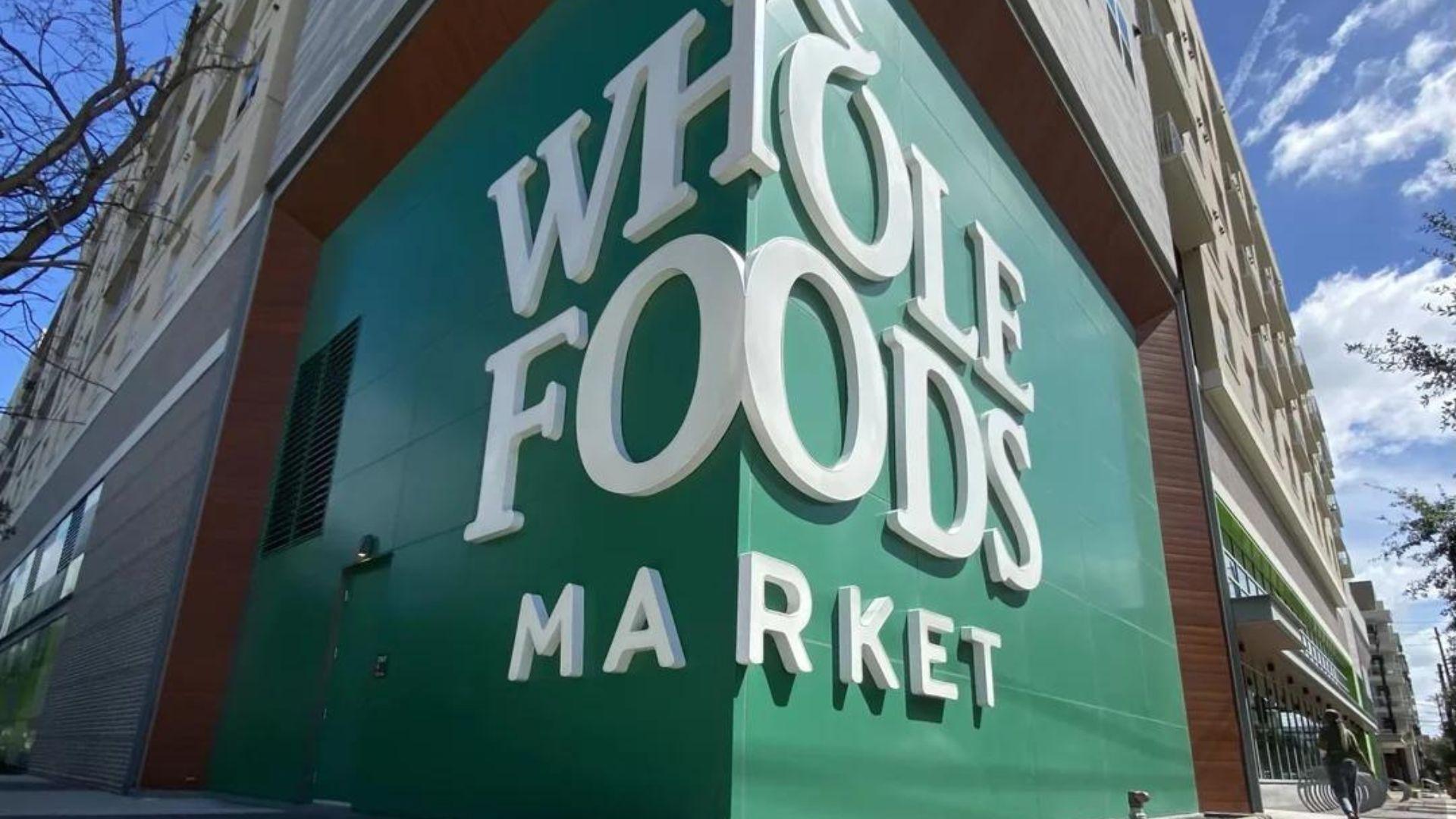
Some argue that the most influential reason why Californians pay more for their groceries is because they prefer to shop at specialty stores such as Whole Foods.
This is true to some extent, as stores like Whole Foods and Sprouts are certainly more expensive than grocery retailers like Ralph’s or Kroger.
Everything Is More Expensive in California

Alec Kellzi, a California-based licensed CPA, suggested that while Californians do tend to shop at specialty stores, the average cost at their so-called budget supermarkets appears to be higher than the average witnessed in other states.
Kellzi went on to explain that “Even traditional supermarkets have to pass along higher operating costs.”
It All Comes Down to High Cost of Living

When asked about the reasoning behind California’s high grocery bill, Kellzi was quick to suggest that it all comes down to one thing: the Golden State is too expensive.
“The overarching driver of elevated grocery costs in the Golden State boils down to California’s uniquely high cost of living,” he said.
A Premium is Placed on Everything

“With so many people packed into urban cores, real estate is at an absolute premium for these chains to operate stores conveniently located near dense populations,” said Kellzi.
Unfortunately, the consequence of this is that grocery stores are forced to up their prices in busy California cities as it’s the only way they can accommodate the exorbitant overhead costs they experience.
Regional Wages Affect Prices
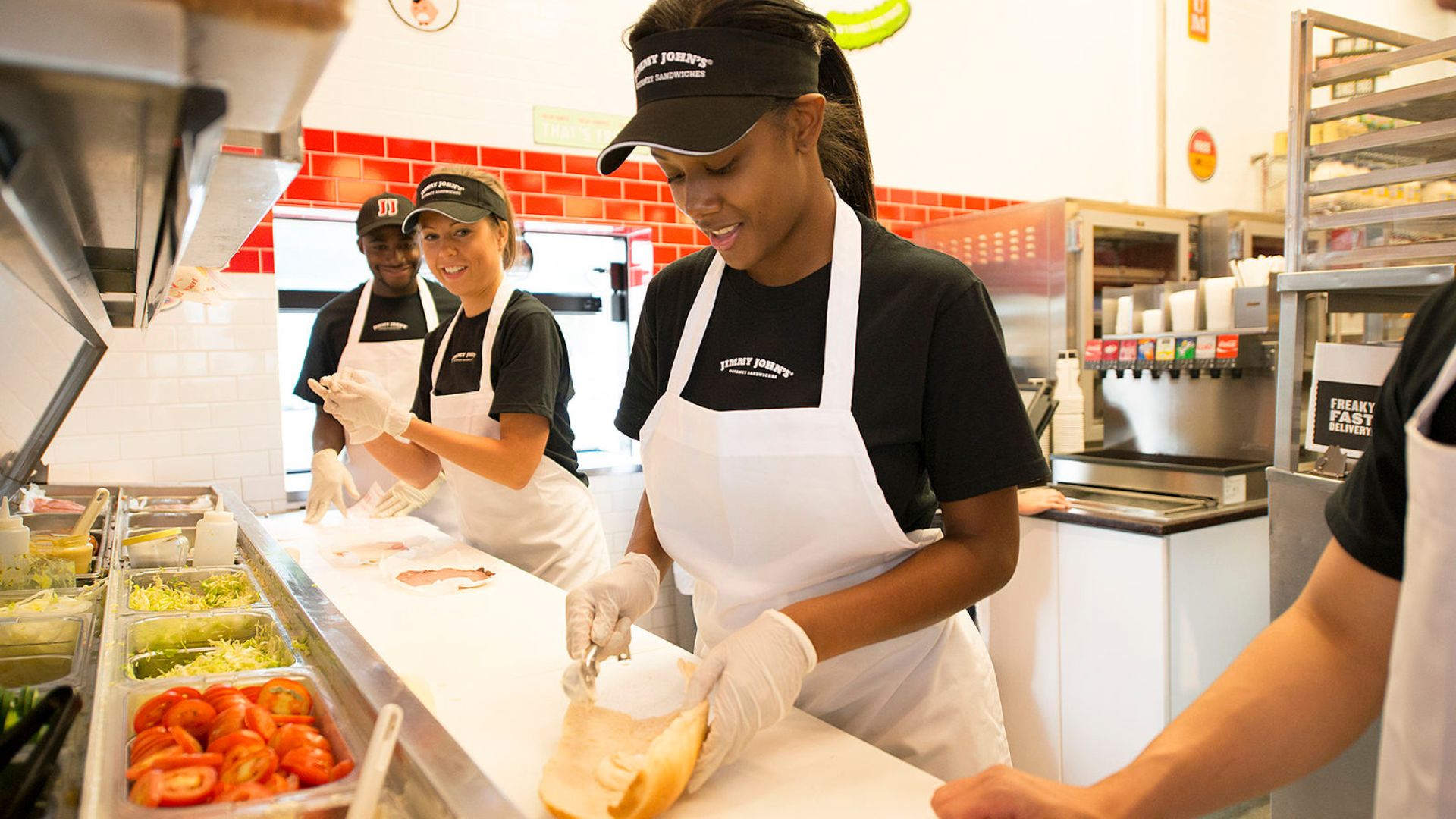
“Then you have operational factors impacting grocers themselves, like paying employees higher minimum wages, navigating stringent environmental regulations, and dealing with recurring droughts that strain agricultural supply chains,” Kellzi said.
“Those overhead costs inevitably trickle down to retail pricing on store shelves.”
Real Estate Is More Expensive for Businesses
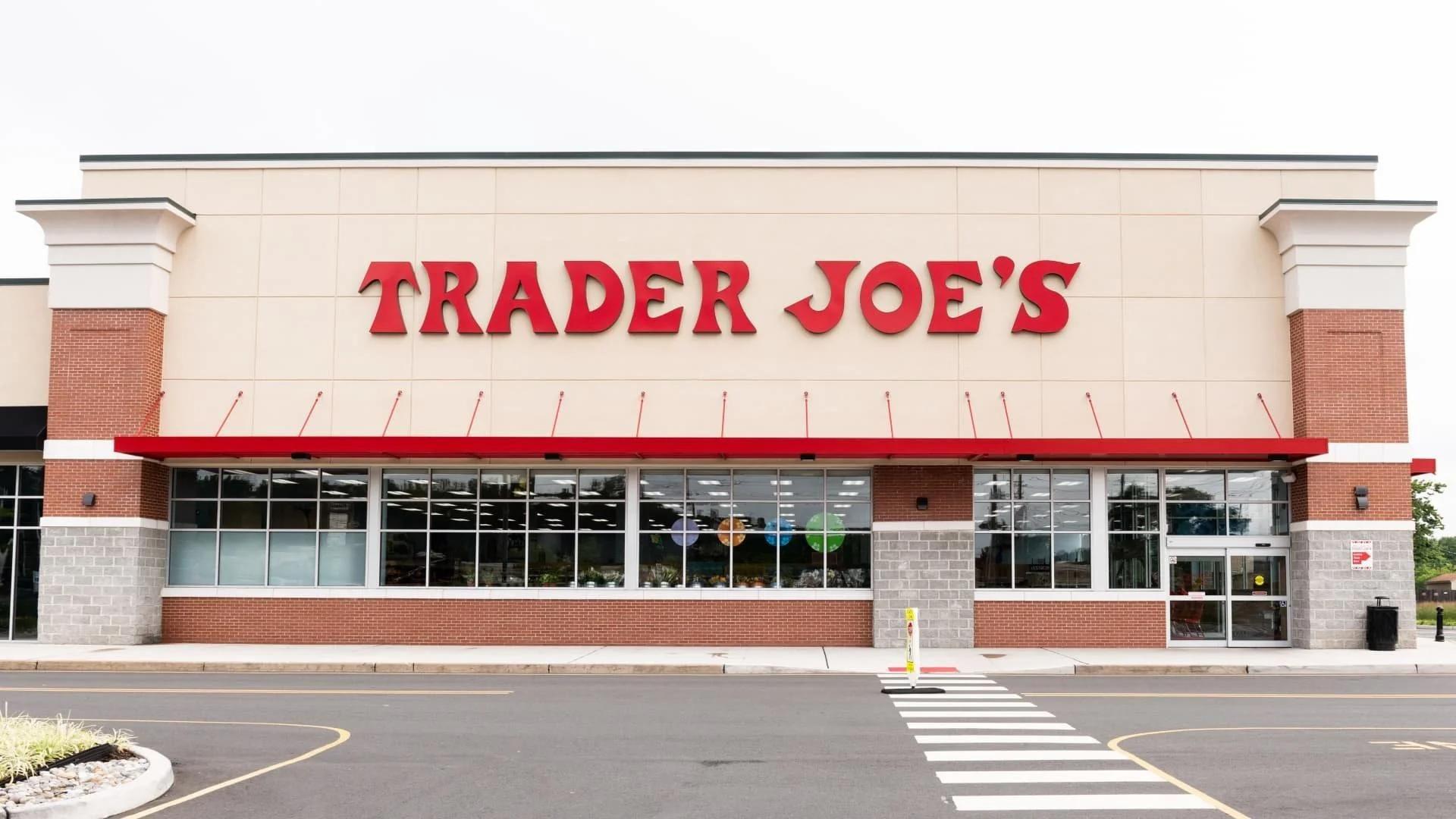
As previously noted, legislation and wages in California directly influence how much retailers have to charge for their products. But there is another factor to consider as well.
California real estate prices have skyrocketed in recent years, and that includes commercial spaces. These chains are paying a premium to rent the space for their stores, which, again, increases their cost and subsequent price tags.
U.S. Inflation Is at 3.5%

Finally, the nationwide inflation rate absolutely affects the cost of groceries in California.
Because of the five aforementioned influences, groceries in California will likely always be slightly higher than in most other states, but the reason why they are exorbitantly high right now is due to the current inflation rate.
Inflation Continues to Hurt Consumers in California

As of March 2024, the U.S. inflation rate is at 3.5%, which is 0.4% more than it was at the same time last year.
Although inflation has certainly been higher in the past, as the ideal rate is 2%, today’s rate is still quite a bit higher than it should be and is certainly ensuring that Californians pay more for their weekly groceries.
There Are Ways for Californians to Save Money on Groceries

Luckily, there are a few ways for California residents to save money on groceries. Because the majority of the reasons why products are so expensive have to do with the cost of operating a business, buying locally is actually more affordable in the Golden State.
Throughout the harvesting months, Californians can and should buy their produce from farmers’ markets to save money.
Shopping in Bulk Could Save Californians Thousands
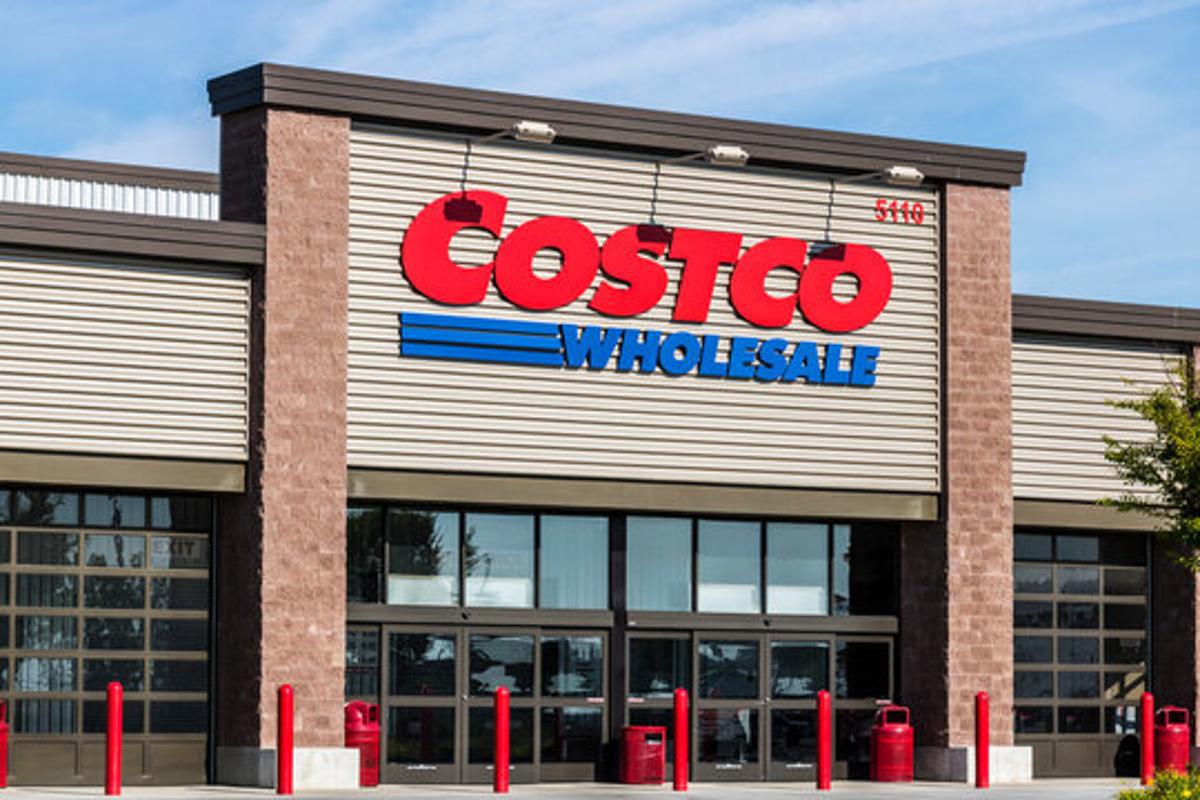
Dry goods and processed foods aren’t available at farmers’ markets; however, they can be found at discount stores like Costco.
Californians could save a significant amount of money on their monthly grocery bill if they opted for stores like Costco instead of Whole Foods for their rice, pasta, snacks and various other products.
Will California Grocery Prices Go Back Down?
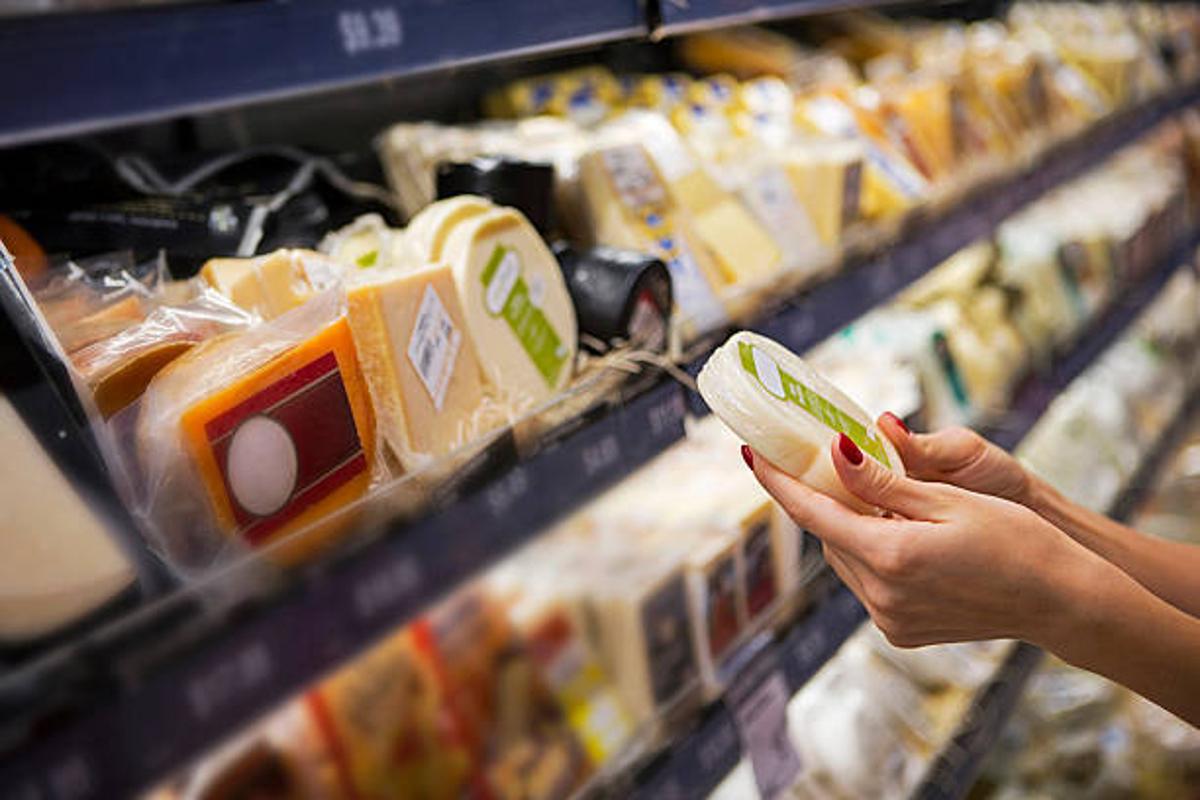
While many Californians have watched their grocery costs increase over the past few years, some wonder if there’s a chance the prices will ever decrease again.
Should the price of groceries continue to rise and overall living costs increase, California may continue to experience mass migrations away from the Golden State to cheaper places around the US.
Some Good News For Californians

The good news is that California’s prices can drop; however, for that to become a reality, things will have to drastically change within both the state and federal government.
State legislation, the cost of living, real estate prices, and inflation will all have to change for grocery prices in California to decline.
